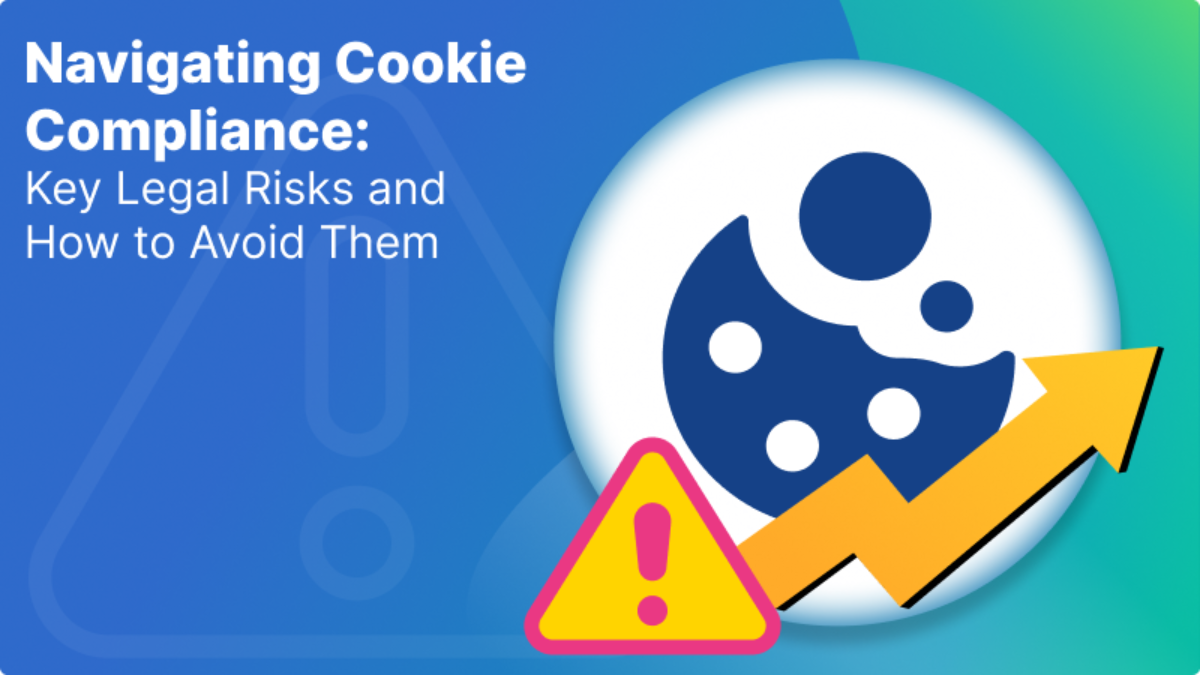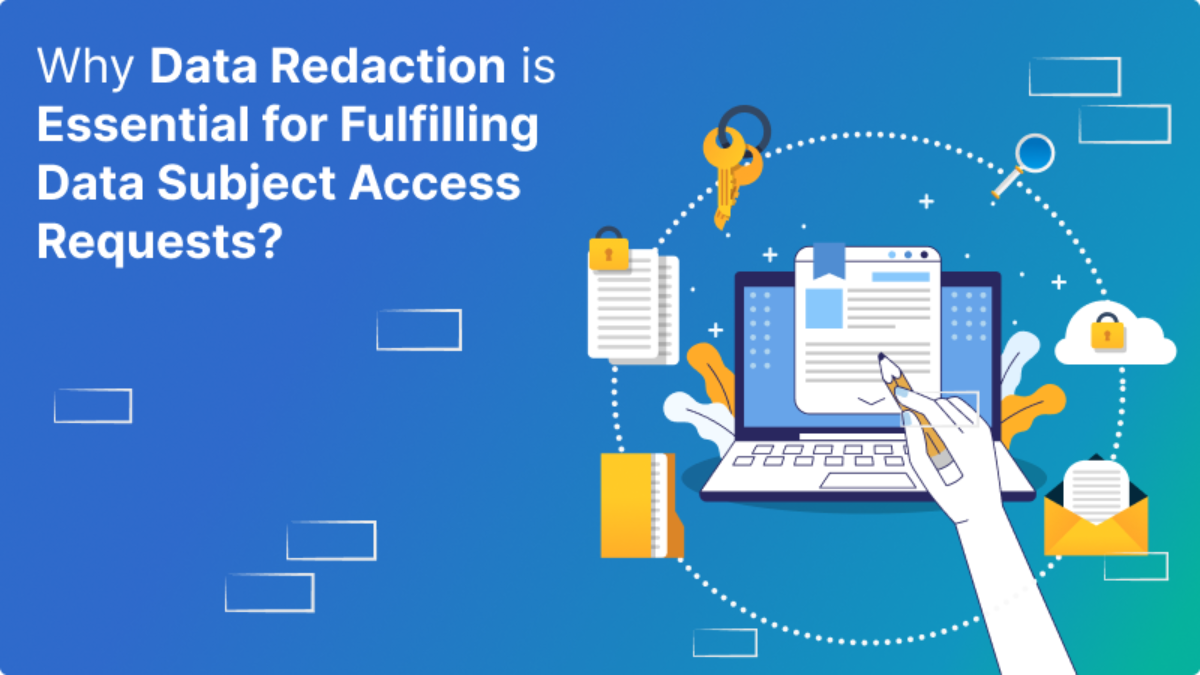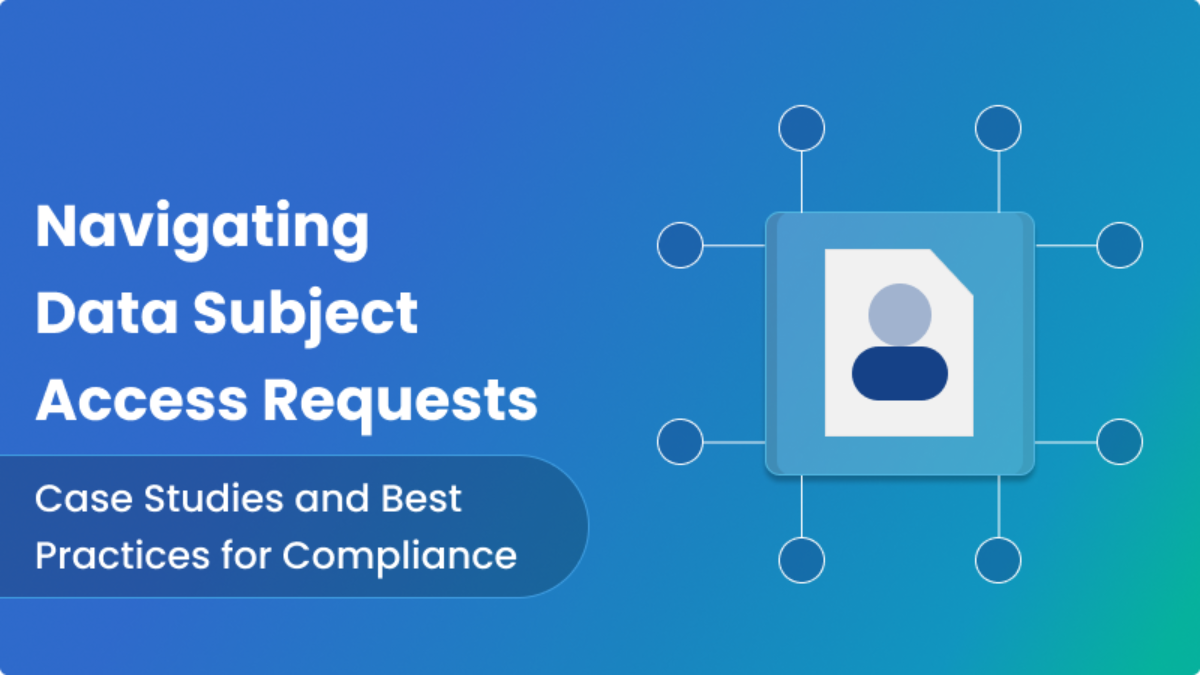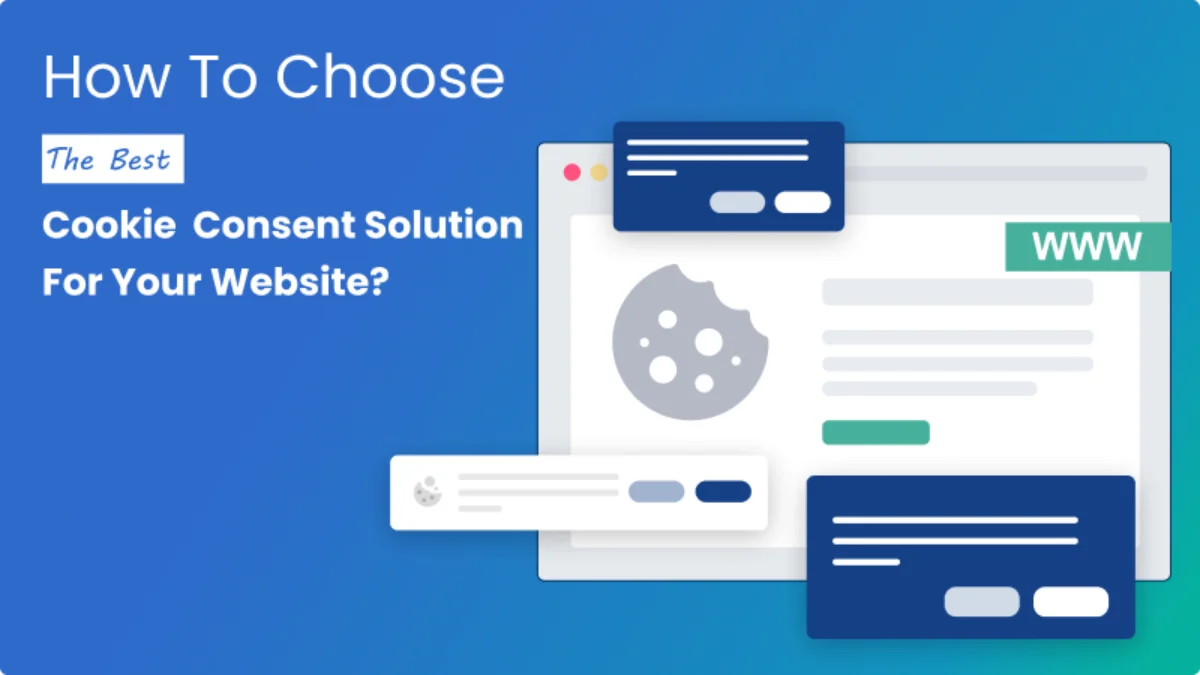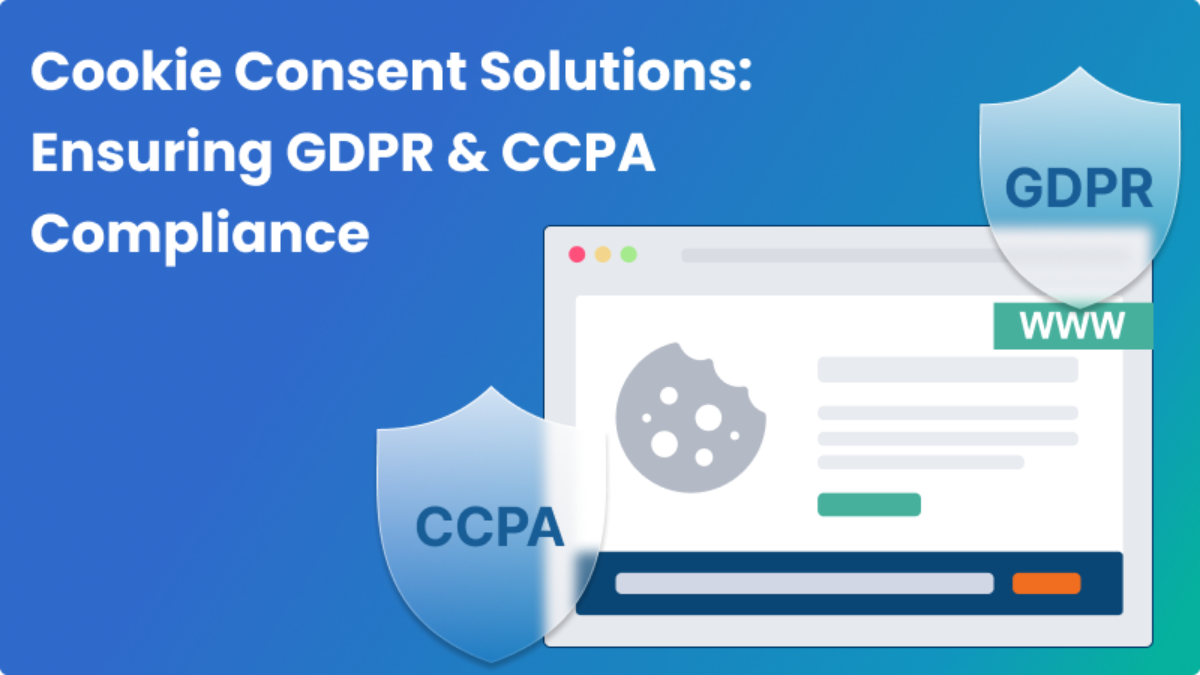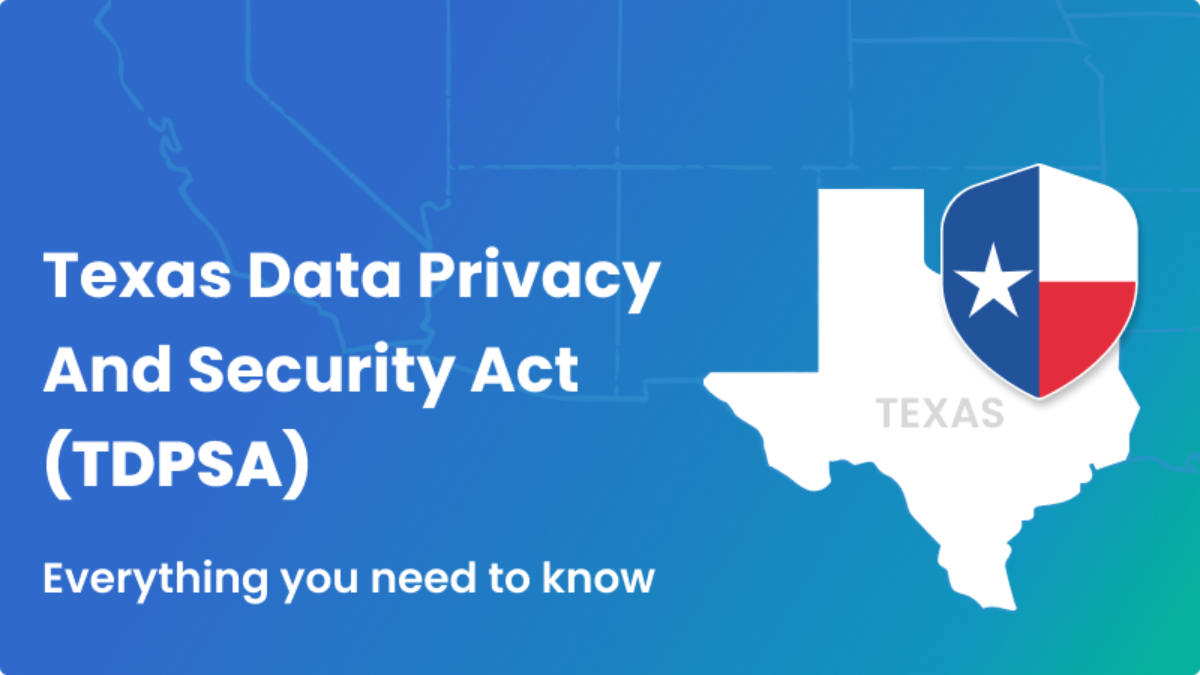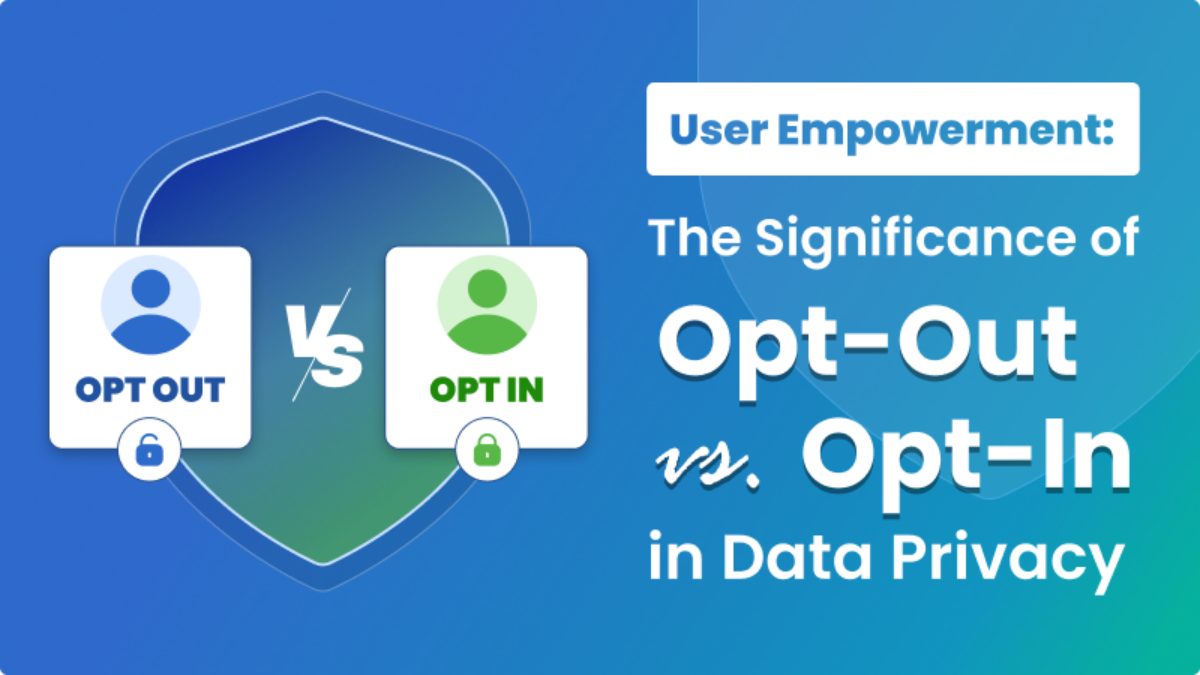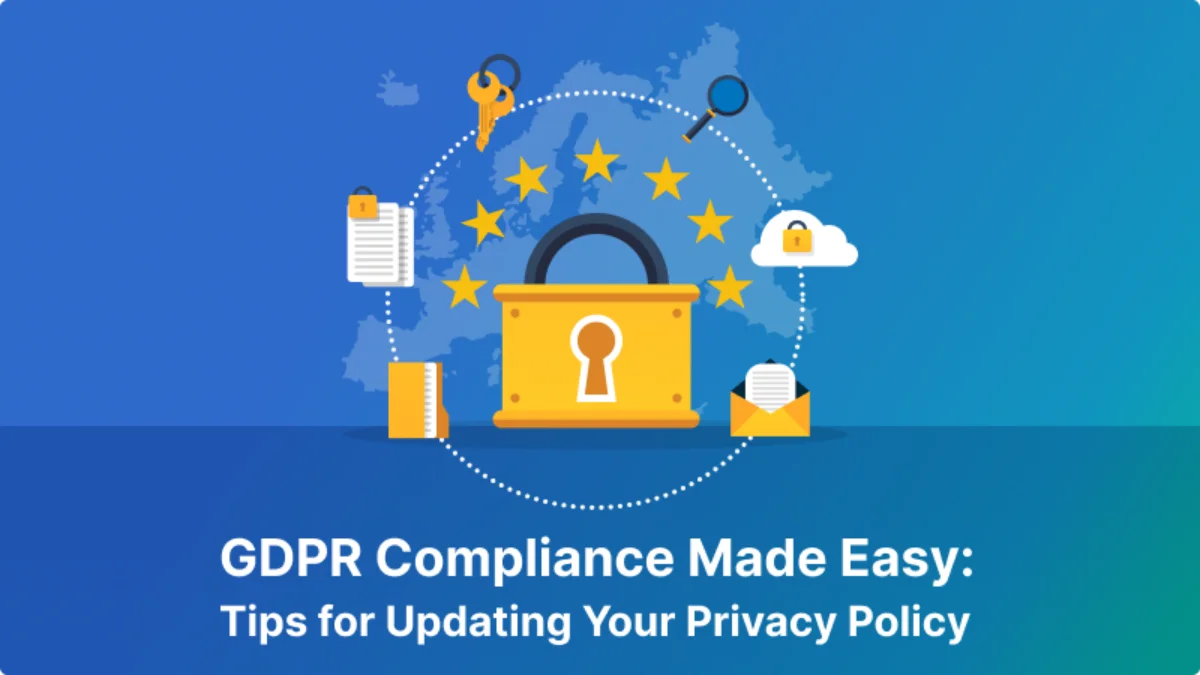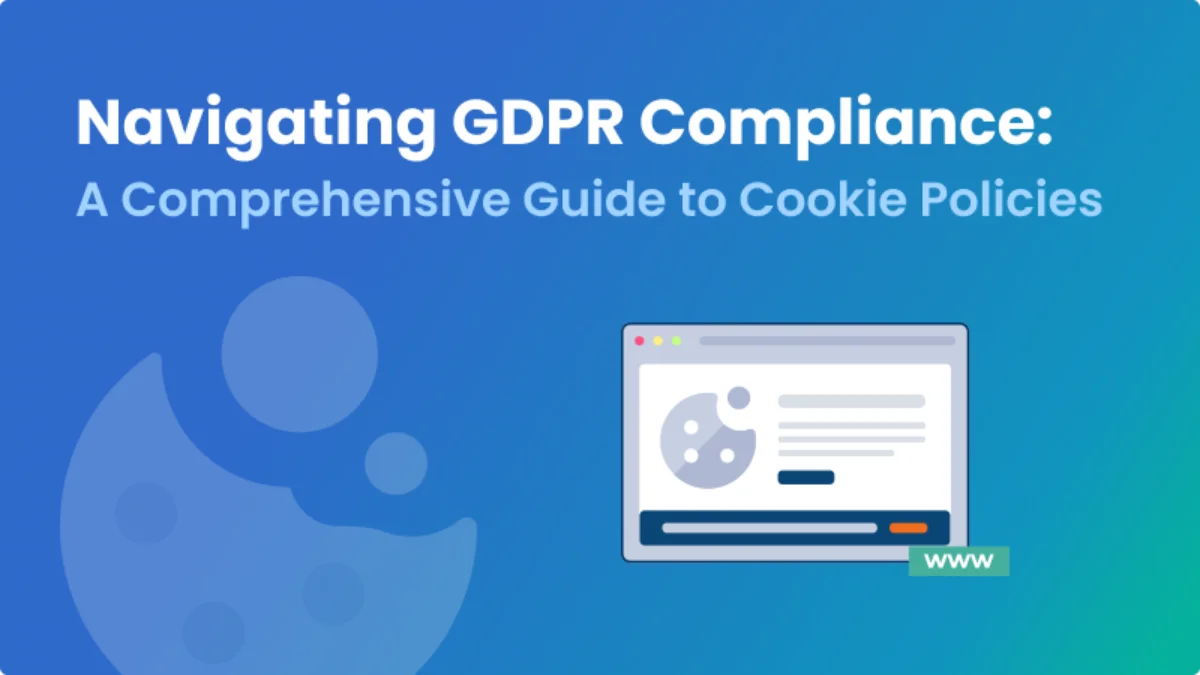Impacts of Data Privacy Regulations

What is Data Privacy Regulation?
Data privacy regulations are rules and guidelines that govern how businesses and organizations can collect, use, store, and share personal data. These regulations have become increasingly important as technology has advanced, and more personal data is collected than ever before.
The purpose of this article is to explore the impact of new data privacy regulations on businesses and consumers. The article will discuss the changes in responsibility, requirements for consent, consequences of non-compliance, and increased costs for businesses. It will also examine the benefits of new data privacy regulations for consumers, such as improved protection and greater control over their personal data. Finally, the article will discuss the challenges that businesses and consumers face in implementing and complying with these regulations.
Overall, the article seeks to provide a comprehensive overview of the current state of data privacy regulations and their impact on businesses and consumers. It is important to understand the changes brought about by new regulations to make informed decisions about how to protect personal data, both as a consumer and as a business owner.
The impact of new data privacy regulations on businesses
New data privacy regulations have had a significant impact on businesses. These regulations have increased responsibility for handling personal data, imposed stricter requirements for obtaining consent, introduced consequences for non-compliance, and increased costs for compliance. As a result, businesses have had to adapt their models and practices to meet the new regulations.
One of the most significant impacts of new data privacy regulations is the increased responsibility for handling personal data. Businesses are now required to take appropriate measures to protect the personal data of their customers and employees. This includes implementing security measures such as encryption and access controls, regularly reviewing and updating data protection policies and procedures, and providing data protection training for employees.
Another impact of new data privacy regulations is the stricter requirements for obtaining consent. Businesses must now obtain explicit and informed consent from individuals before collecting, using, or sharing their personal data. This includes providing clear and concise information about how the data will be used, who it will be shared with, and the individual’s rights regarding their personal data.
Non-compliance with new data privacy regulations can result in significant consequences for businesses. Fines, legal action, and damage to reputation are some of the potential consequences of non-compliance. In some cases, businesses may even be forced to cease operations if they are found to be in violation of data privacy regulations.
Compliance with new data privacy regulations can also be costly for businesses. Implementing the necessary measures to protect personal data, such as updating security systems and providing training for employees, can be expensive. Additionally, businesses may need to hire additional staff or consultants to ensure compliance with the regulations.
Finally, new data privacy regulations have led to changes in business models and practices. Some businesses have had to change the way they collect and use personal data to comply with the regulations. For example, businesses may need to obtain explicit consent for data collection, limit data collection to only what is necessary for the business or provide individuals with the ability to opt-out of data collection altogether.
In summary, new data privacy regulations have had a significant impact on businesses. Businesses must now take increased responsibility for handling personal data, meet stricter requirements for obtaining consent, face consequences for non-compliance, incur increased costs for compliance, and adapt their business models and practices to meet the new regulations.
The impact of new data privacy regulations on consumers
New data privacy regulations have ushered in a new era of consumer rights and protections, enhancing privacy and security for individuals in the digital age. The impact of these regulations on consumers has been significant, with improvements in the protection of personal data, greater control over personal data, increased transparency from businesses, enhanced trust in businesses, and potential negative consequences for low-income consumers.
One of the primary benefits of new data privacy regulations for consumers is the improved protection of personal data. These regulations require businesses to take adequate measures to protect consumers’ personal data, including the implementation of secure data storage and management systems. Stricter data breach notification requirements have also been introduced, ensuring that consumers are informed of any data breaches that may compromise their personal information.
Greater control over personal data is another major impact of new data privacy regulations on consumers. These regulations provide individuals with more control over their personal data, such as the right to access, rectify, and delete their personal data. The right to object to the processing of personal data, and to be informed about how personal data is used, are also important consumer protections.
Increased transparency from businesses is another significant impact of new data privacy regulations on consumers. These regulations require businesses to be more transparent about their data collection, processing, and sharing practices, enabling consumers to make more informed decisions about whether to share their personal data with a business or not. This transparency enhances trust and accountability between businesses and their customers.
The enhanced trust in businesses that results from compliance with data privacy regulations is another impact on consumers. Consumers are more likely to trust businesses that are transparent about their data handling practices and who demonstrate a commitment to protecting personal data. This trust can lead to increased customer loyalty and can be beneficial for businesses in the long run.
However, there are potential negative consequences for low-income consumers as a result of new data privacy regulations. These individuals may not have the same level of access to digital technology as higher-income consumers, which can make it more difficult for them to understand and exercise their data privacy rights. Additionally, the cost of compliance with these regulations can lead to businesses discontinuing certain services or raising prices, which could disproportionately affect low-income consumers.
In summary, new data privacy regulations have had a significant impact on consumers. They have provided improved protection of personal data, greater control over personal data, increased transparency from businesses, enhanced trust in businesses, and potential negative consequences for low-income consumers. While these regulations are vital for protecting individuals’ privacy and security, it is essential that policymakers consider the needs of all consumers, including those who may face barriers to exercising their data privacy rights.
Major data privacy regulations
In recent years, there has been a global trend towards the adoption of new data privacy regulations, reflecting the growing recognition of the importance of protecting individuals’ personal data in the digital age. Here are some examples of new data privacy regulations that have been implemented in different parts of the world:
General Data Protection Regulation (GDPR) in the EU: This regulation was implemented in May 2018 and is considered one of the most significant data privacy regulations globally. It aims to protect EU citizens’ personal data by introducing strict requirements for businesses and organizations that process personal data. The GDPR provides EU citizens with the right to access, rectify, and erase their personal data, and businesses must obtain explicit consent from individuals to process their data.
California Consumer Privacy Act (CCPA) in the US: This regulation was implemented in January 2020 and provides California residents with increased control over their personal data. The CCPA provides consumers with the right to know what personal data businesses are collecting about them, the right to have their personal data deleted, and the right to opt-out of the sale of their personal data.
Personal Data Protection Act (PDPA) in Singapore: This regulation was implemented in 2012 and was recently updated in 2020. The PDPA aims to protect individuals’ personal data by imposing obligations on organizations that collect, use, and disclose personal data. The PDPA requires businesses to obtain consent from individuals to collect their personal data, and individuals have the right to access and correct their personal data.
Other regional regulations: There are many other data privacy regulations implemented around the world, such as Brazil’s General Data Protection Law (LGPD), the Australian Privacy Act, and Japan’s Act on the Protection of Personal Information. These regulations vary in their scope and requirements, but they all share a common goal of protecting individuals’ personal data.
In conclusion, new data privacy regulations have become increasingly important in the digital age, with many countries implementing their own regulations to protect individuals’ personal data. The GDPR in the EU, CCPA in the US, PDPA in Singapore, and other regional regulations are examples of these regulations that aim to provide consumers with more control over their personal data and hold businesses accountable for their data handling practices. These regulations have significant implications for businesses and consumers alike, and it is essential for businesses to stay up-to-date with these regulations to ensure compliance and protect their customers’ privacy.
Challenges for businesses and consumers
The implementation of new data privacy regulations brings about several challenges for both businesses and consumers. Here are some of the most significant challenges:
Understanding the regulations: One of the most significant challenges for businesses is to understand and comply with the new regulations. These regulations often involve complex and technical requirements, making it difficult for businesses to understand what is required of them. This can be especially challenging for small and medium-sized businesses that may not have the resources to navigate the regulatory landscape.
Balancing privacy with business interests: Another challenge for businesses is to balance their privacy obligations with their business interests. For example, businesses may need to collect and use personal data to provide their services to customers, but they must do so in a way that is compliant with data privacy regulations. Finding the right balance between privacy and business interests is a delicate balance that requires careful consideration.
Balancing privacy with national security concerns: Balancing privacy with national security concerns is a challenge that both businesses and consumers face. In some cases, governments may seek to access personal data for national security reasons, which can conflict with individuals’ privacy rights. Finding the right balance between privacy and national security is an ongoing challenge that requires careful consideration.
Consumer Awareness
One of the most significant challenges for consumers is to be aware of their rights and the new regulations. Many consumers may not be aware of the new regulations, which could leave them vulnerable to data breaches and other privacy violations. This can be especially challenging for low-income consumers who may not have access to resources that can help them navigate the regulatory landscape.
In conclusion, the implementation of new data privacy regulations brings about several challenges for both businesses and consumers. These challenges include understanding the regulations, balancing privacy with business interests, balancing privacy with national security concerns, and consumer awareness. It is essential for both businesses and consumers to stay informed and engaged with these regulations to ensure compliance and protect privacy rights.
Conclusion
In conclusion, new data privacy regulations have significant impacts on businesses and consumers, which require careful consideration and understanding. The regulations have increased the responsibility of businesses in handling personal data and have placed stricter requirements for obtaining consent. Data Privacy Non-compliance can result in severe consequences, including legal penalties and damage to a business’s reputation. The costs associated with compliance have also increased, and businesses may need to make changes to their business models and practices to comply with the new regulations.
For consumers, the new regulations provide improved protection of personal data, greater control over personal data, increased transparency from businesses, and enhanced trust in businesses. However, there may be potential negative consequences for low-income consumers who may not have access to resources that can help them navigate the regulatory landscape.
Some of the challenges that businesses and consumers face include understanding the regulations, balancing privacy with business interests, and balancing privacy with national security concerns. It is crucial for both businesses and consumers to be aware of their rights and obligations under the new regulations to ensure compliance and protect privacy rights.
Looking to the future, it is likely that data privacy regulations will continue to evolve and become more stringent. As technology continues to advance and data breaches become more prevalent, there will be increasing pressure on governments to implement stronger data privacy regulations to protect individuals’ privacy rights.
Ultimately, it is essential to balance privacy and business interests. While businesses need to collect and use personal data to provide their services, they must do so in a way that is compliant with data privacy regulations and respects individuals’ privacy rights. Finding the right balance between privacy and business interests will be an ongoing challenge for businesses and policymakers, and it is critical to engage in ongoing dialogue and collaboration to achieve this balance.
